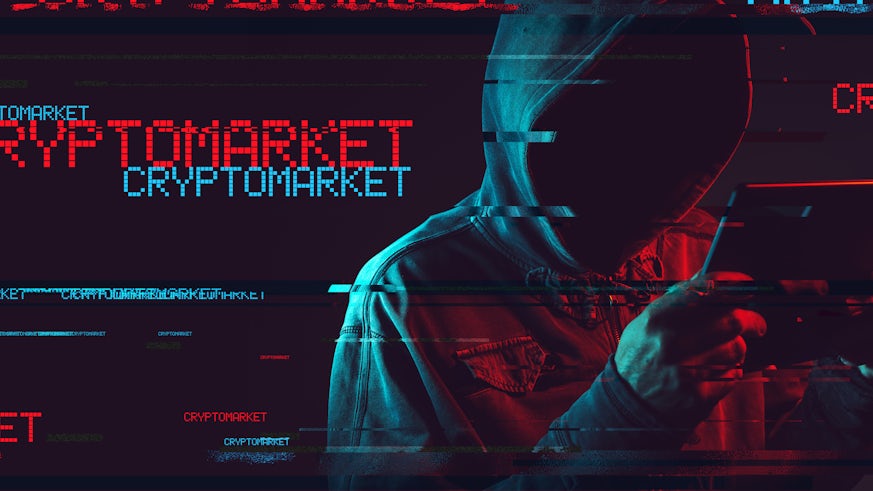International Relations lecturer leads presentation at UN Office on Drugs and Crime
14 April 2020

The United Nations Office on Drugs and Crime recently invited a School of Law and Politics lecturer to present his research at an event in Vienna.
International Relations lecturer, Martin Horton-Eddison’s research explores illegal drug markets on the ‘dark web’ and the challenges they pose to international drug controls.
As an expert in this area, Martin was invited to lead a presentation at the 63rd Session of the Commission on Narcotic Drugs (CND). The event: Drug CryptoMarkets Beyond 2020: Policy, Enforcement, Harm, and Resilience was sponsored and chaired by the Government of the Kingdom of the Netherlands, and co-sponsored by the Spanish drug checking organisation Energy Control, together with the International Drug Policy Consortium, and the Global Drug Policy Observatory. Delegates comprised key policy makers from national governments and international organisations, as well as senior law enforcement officials from around the world.
Martin presented his recent academic research regarding drug cryptomarkets. A drug cryptomarket is a website dedicated to the anonymous buying and selling of illegal drugs where payment is taken through cryptocurrencies. The sites can work in the same way as legitimate/legal marketplace websites (think Amazon or ebay) but the stock is illegal and the sites are hosted on the ‘dark web’.
Cryptomarkets are often implicated in the supply of the synthetic drug Fentanyl, and are therefore considered an exacerbating factor in the ongoing North American opioid crisis.
Martin’s presentation augmented the knowledge-base of attendees in a fast moving and dynamic area of concern for the international community. The fully-attended event afforded an opportunity for delegates to engage with evidence-based perspectives presented by Martin and his key team of recognised global authorities in the area, including Criminologists Professor Judith Aldridge and Mr Patrick Shortis of the University of Manchester, and the head of Energy Control’s drug checking service, Dr Fernando Caudevilla.

Speaking at the event, Martin said, “analysis of the emerging evidence base and our own empirical research suggests a mixed picture: that there may be some unintended consequences of any law enforcement approach that ultimately results in taking all markets offline….instead, nuanced strategies grounded in an evidence-based UN-wide policy might reduce some of the undesirable consequences of some current enforcement practices. For example, enforcing against only the most injurious of substances and vendors whilst also acknowledging the potential harm reducing nature of some online markets may be a useful first step toward an (otherwise absent) internationally agreed approach. Only an academically informed international agreement can produce appropriate UN resolutions and the direction of cooperative enforcement.”
This event showcased the School of Law and Politics’ cutting-edge policy research, as well as its links with external international organisations and research groups. Martin’s teaching at the School includes a Global Governance module, and participation at events such as these ensures that our teaching is informed by practice and remains both relevant and research led.
